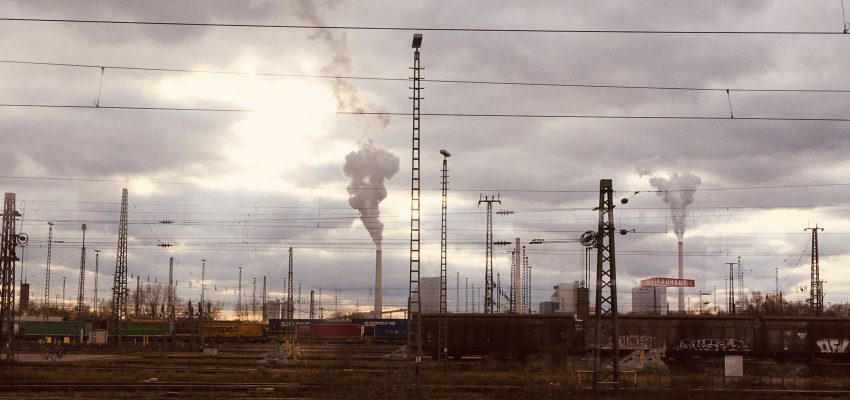Today is Fossil Fools Day!
Here in Europe, we are sadly still dependent on fossil fuels, a lot of which we get from Russia. Our relationship with which recently took a dramatic nose dive with their invasion of Ukraine, with one effect being a dramatic increase in the petrol prices and therefor all supermarkets being completely sold out of any food oil (aside from the more expensive olive oil). Because people think its okay to use food to fuel their cars… Because of this, there will be no cake in our house for a while.
I am very aware that the war is not funny. I have met some fleeing Ukrainian people and I don’t even know what to say to them. There is nothing I can say to make them feel better. It just breaks my heart.
At the same time, this whole situation is absurd. And I am grappling at the silver lining of this atrocity. Which is, that this is a slightly less gentle nudge to the western world to get a move on with their independence from fossil fuels.
Until then, I have put together a list of ways to not need Russian fossil fuel imports and lowering your personal carbon footprint, as well as your energy bills at the same time.
1) Switch To Renewable Energies – DUH!
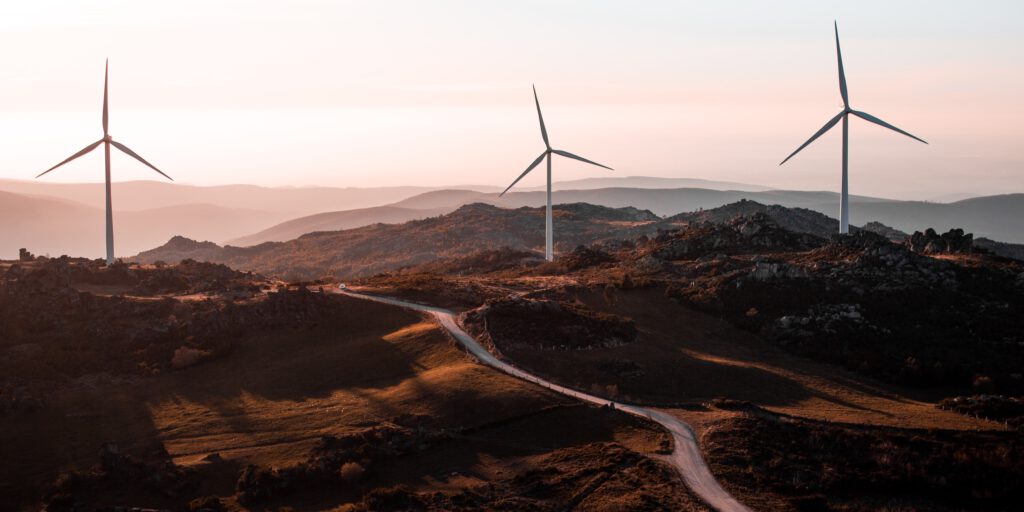
If your haven’t already, please just switch to renewables!
You do not necessarily have to invest in your own solar panels on your own roof. You can simply switch to an energy company that sells green energy – electricity from solar, wind and hydro power, and gas from bio gas derived from cow poop and agricultural waste. The energy actually entering your house may still be the dirty kind from the closest coal plant near you. However, your energy supplier is now responsible to feed the amount of clean energy you paid for into the grid. So what you pay for shapes the demand within your country. So when more people pay for green energy, this will eventually push fossil based energy out of business.
If you live in a less well organized country, going off grid and generating your own electricity is probably the best way to go.
2) Lay Off The Energy Hungry Appliances
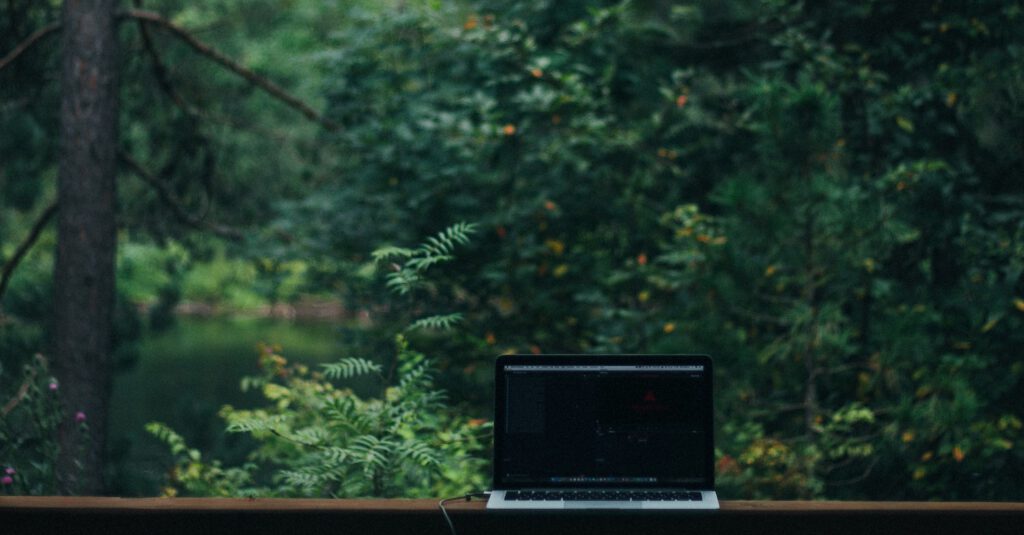
Become aware of the appliances in your house that use energy. Is the TV or whatever entertainment console switched on while nobody is watching or listening? Turn it off. How many hours do you waste on your phone with candy crush, pointless video reels or doom scrolling? Conscious consumption not only saves energy (surprisingly high amounts of energy), but it is also good for for your mental health. Also, don’t leave things on stand-by and pull all the chargers and plugs out of their sockets when you’re not charging anything with them. They they tend to use energy while you’re not even there to use it.
3) Turn Down The Heat
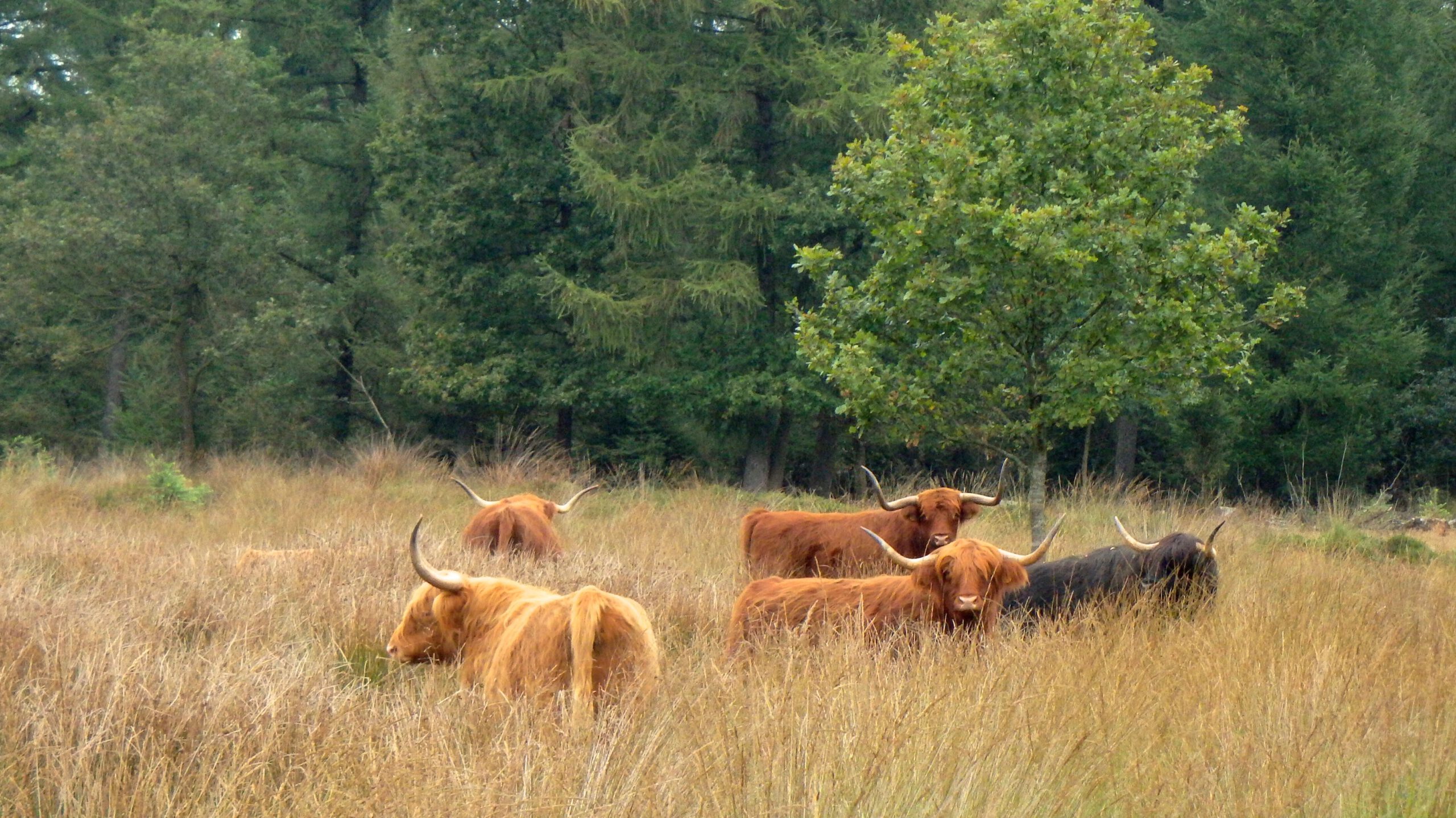
About 20% (based on measurements in Germany) of the energy used within your home, is used on heating. Just put on more clothes! And don’t heat the entire apartment, but only the rooms you are using. Turn down the heat when you are not home. And also, we know that keeping your bedroom cool improves your sleep quality. For every 1°C (~1.8°F) you turn down the thermostat, you knock about 5% off of your heating bill.
4) Save Warm Water
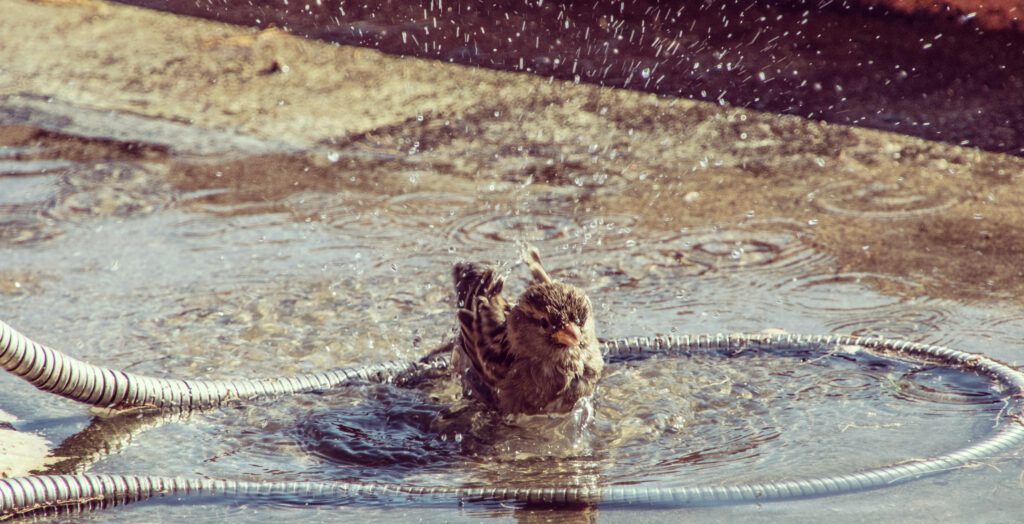
Heating your water cost energy of course. Try turning down the heat here as well. Showering too hot can actually make life difficult for the helpful bacteria and micro organisms on your skin. If your skin feels dry, itchy or non-elastic after showering, maybe try showering lukewarm instead.
If you are a regular person with regular laundry, (so you don’t work with animals, sick people, laboratory pathogens, anything poop related, or love to play in some very serious amounts of dirt and grime) you do not have to wash your clothes hot. 30°C (86°F) is warm enough for most laundry soaps to work properly and the more energy and water efficient eco-program most washing machines have in their repertoire is also gentler on the fabrics, expanding your clothes’ life expectancy.
5) Move Around Without A Car
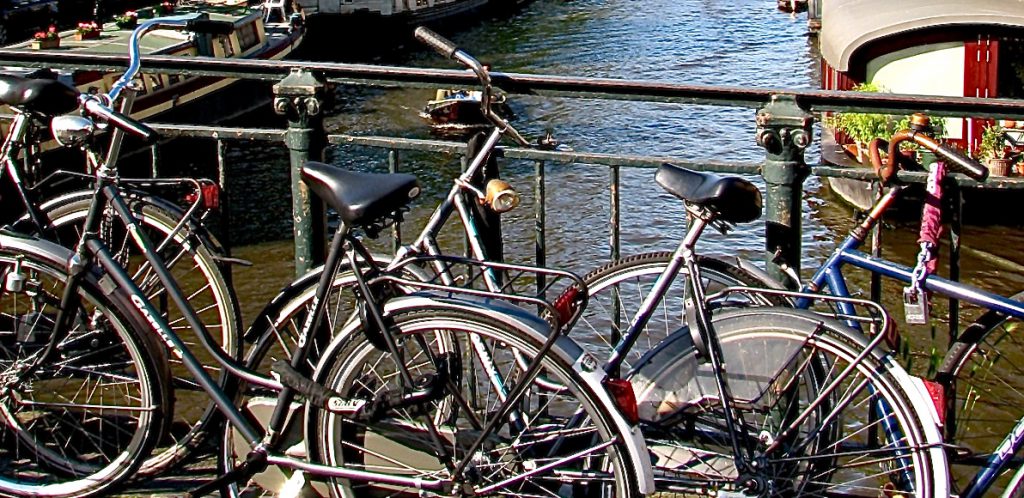
With fuel prices the way they are, incentive to ditch your car is now better than it has been in a long time. Have a look for special deals, reduction- or membership cards with your local train and bus services. Some countries give you a tax reduction if you commute to work with public transport. And train up your butt and lower your stress hormone levels by switching to a bike to get around. The more people use the train and the bus or cycle, the better the infrastructure and the bike paths will become. If it is impossible to get around without a car, at least try to car pool (there are apps to help you find rides outside of your immediate friend group, and employers can also help connect coworkers).
6) Stop Flying

The shorter your flight, the worse it is, proportionally, for the carbon footprint. This is because the starting and landing use a lot more fuel than when the plane is “cruising”. If there is no large body of water in the way, you can just take the train or the bus. It may take you longer, but you will also see more. If you have to fly across the oceans, try to book direct flights and consider offsetting by buying CO2 certificates.
7) Buy Food and Goods Locally
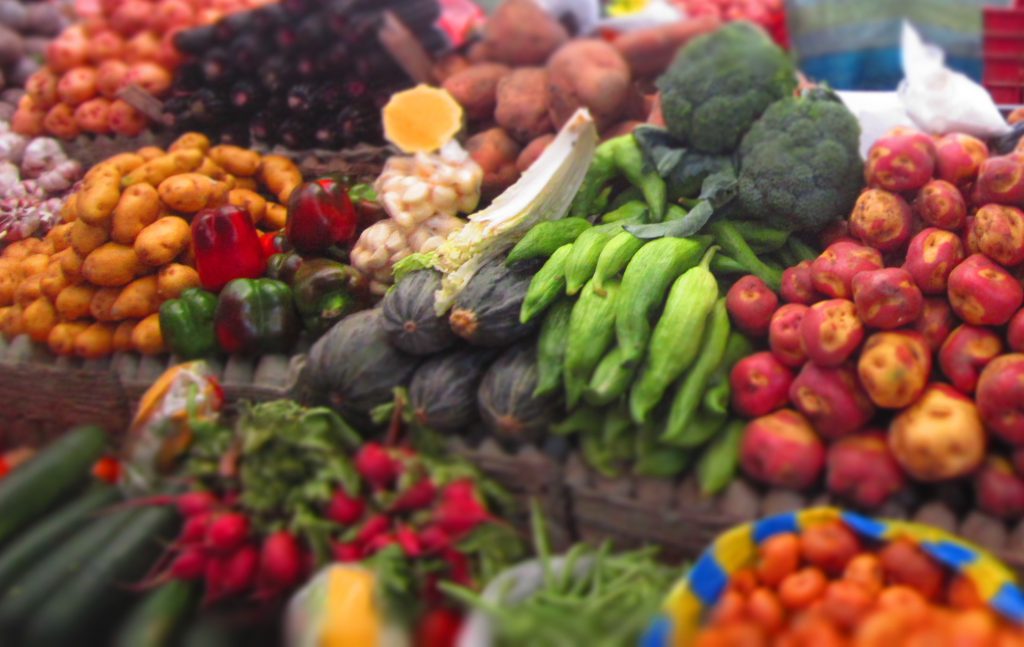
Things that are produced next door do not have to be shipped long distances on airplanes, ships and trucks to get to you. Food can be bought from growers within your community. Fabricated goods can be bought from within your country or even region.
You can also pay attention to seasonality of produce and cut down your consumption of animal products. Animal husbandry contributes about 14% of the global CO2 emissions and uses 75% of available agricultural land for fodder crops, we could instead be using instead to feed people. And, obviously, do not throw away food. Rather share it.
8) Don’t Buy Things You Can Borrow
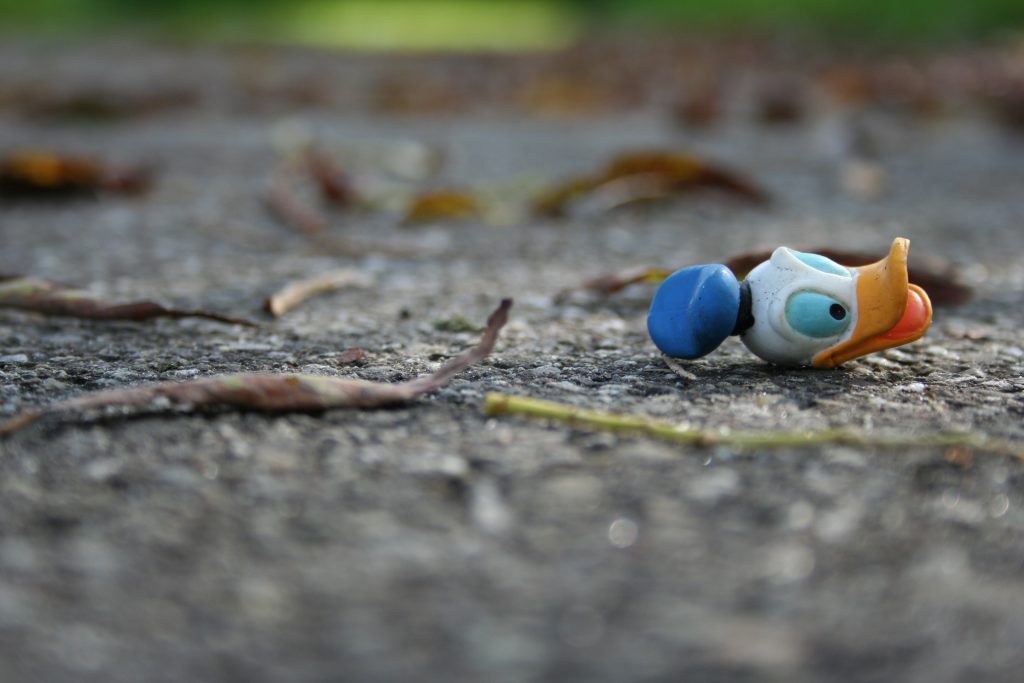
Every little THING you buy, had to be produced first. Usually things are made by machines and these machines usually feed on fossil fuels. And many things are at least partially made of plastic, which in turn contains crude oil.
So, only buy what you absolutely need. And before you buy something you only need occasionally, consider if you can borrow or rent it from someone instead. Share your possessions with your community, try to have broken items fixed instead of replaced (if you can teach people how to fix things, empower them) and buy second hand. Invest in better quality things with a longer life expectancy and either use them or let others use them by passing them on. It is surprising how much money you can save by simply not impulse buying cheap crap.
** Links to 3rd party websites are here because I fully support them. I do not receive any kind of reimbursement for their promotion.
**Photo credits: Wind energy by Karyatid; computer by Nail Gilfanov; bathing sparrow by Michael Schaffler; train Photo by Kota Hamori; market produce by my friend Charlotte F.; all others by me.

